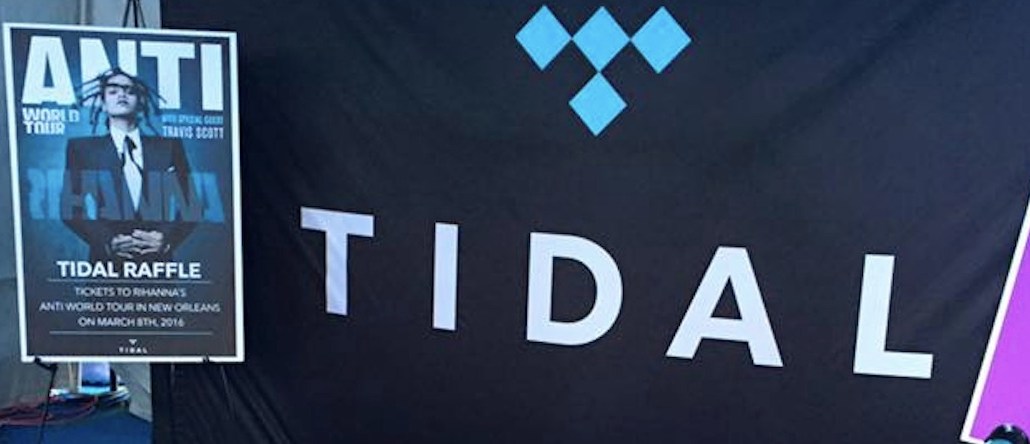Secure your place at the Digiday Media Buying Summit in Nashville, March 2-4

Tidal is once again striking a negative chord with its customers.
The streaming music service, owned by Jay Z and a mafia of musicians, is reportedly charging some users a $19.99 monthly fee, even after they’ve cancelled their subscriptions.
The incident was first spotted by a writer at The Verge who wrote that his credit card was charged despite canceling his subscription several months ago. “Wasn’t my account essentially closed? Without any action or permission on my part, Tidal has reenabled my inactive username,” wrote Chris Welch.
It wasn’t just Welch that was seeing an unauthorized charge on their credit cards. Frustrated former Tidal subscribers complained on Twitter about also being charged the $19.99 fee over the past few weeks:
So, a company that I parted ways with months ago has mistakenly charged me, turned my cancelled account back on = #TIDAL
— Edward Seshoka (@iam3ddie) January 18, 2016
Wow, Tidal reactivated my account without consent, then charged me 2 months (was refunded) Now, they’re giving us free 3 months nice job /s
— Kiko Navarro (@Kikko_Navarro) January 18, 2016
A few users, like me, are reporting being charged by music streaming service TIDAL, despite ending their subscriptions/trials a year ago.
— Matt Cabrera (@matcab1210) January 18, 2016
Tidal is apologizing for the error. In an email to those affected, the service is refunding the $19.99 fee and offering them a free, three-month premium subscription, perhaps as a clever ploy to convince people to start paying for it again after the grace period has lapsed. The company didn’t respond to our request for comment.
Since its launch less than a year ago, Tidal has been a comedy of errors. Artists have trashed its ownership, the platform has been plagued with outages and the company has been leveled with layoffs. On top of all that, the company has replaced its CEO three times.
More in Marketing

WTF are tokens?
When someone sends a prompt or receives a response, the system breaks language into small segments. These fragments are tokens.

AI is changing how retailers select tech partners
The quick rise of artificial intelligence-powered tools has reshaped retailers’ process of selecting technology partners for anything from marketing to supply chain to merchandising.

YouTube’s upmarket TV push still runs on mid-funnel DNA
YouTube is balancing wanting to be premium TV, the short-form powerhouse and a creator economy engine all at once.





